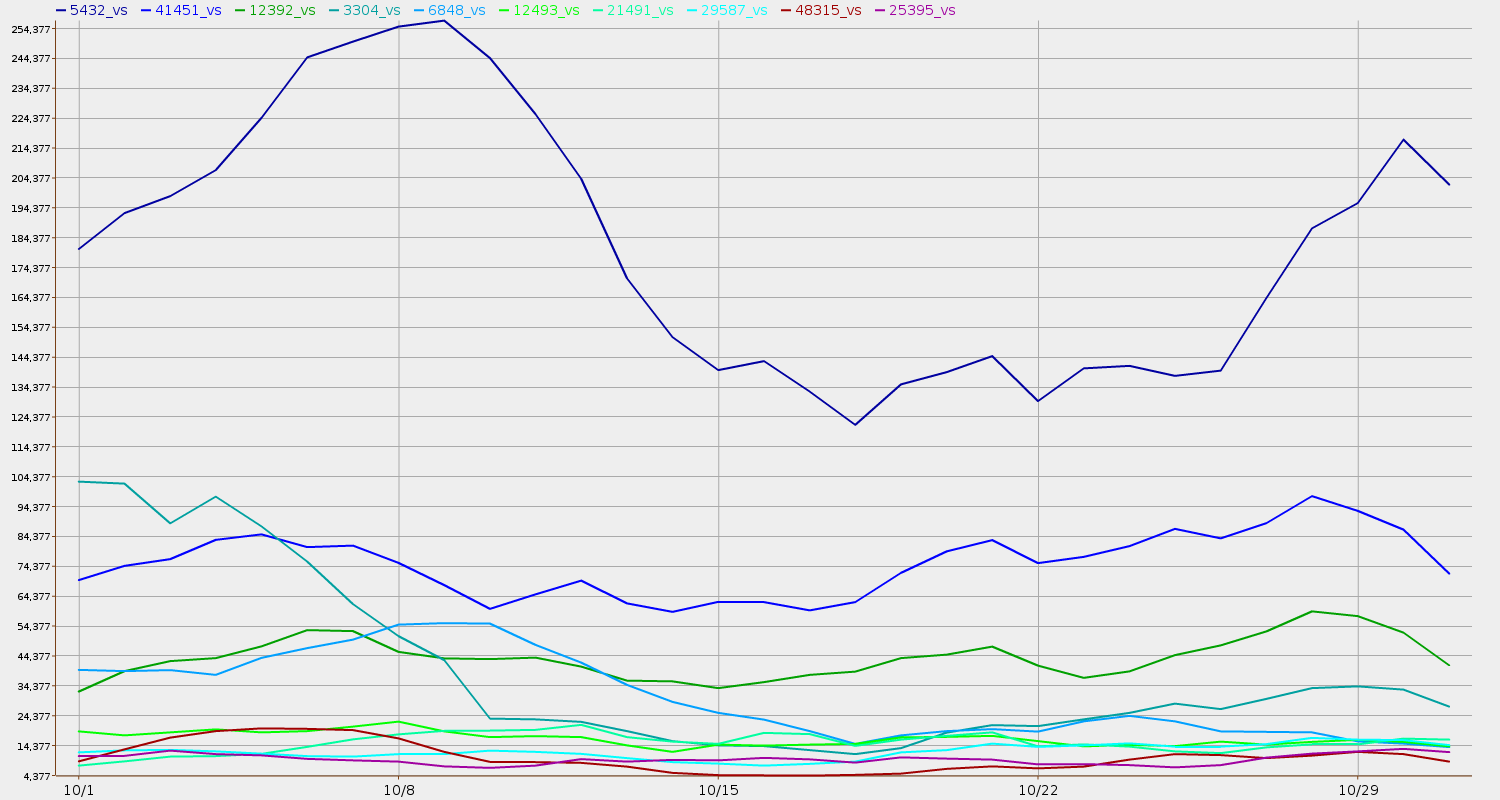 Davos, the annual conclave of the hyper-rich and famously elected,
has also discovered Severe income disparity
and Water supply crisis, so maybe they’re becoming
more realistic.
Davos, the annual conclave of the hyper-rich and famously elected,
has also discovered Severe income disparity
and Water supply crisis, so maybe they’re becoming
more realistic.
However, in Figure 17 on page 25 they’ve got Cyber attacks as an origin risk, along with Massive incident of data fraud or theft and Massive digital misinformation. I think they’re missing the point, which is the real origin risk is poor infosec, and the origin of that is vendors like MSFT knowingly shipping systems with design flaws and people and organizations running them while hiding such problems.
Interesting comment on page 26: Continue reading













